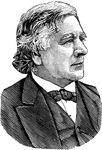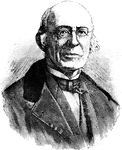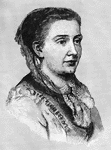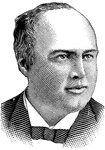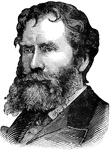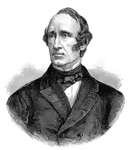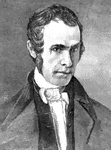Clipart tagged: ‘Abolitionist’
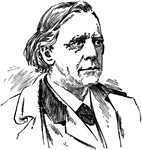
Henry Ward Beecher
Henry Ward Beecher was a prominent, theologically liberal American Congregationalist clergyman, social…
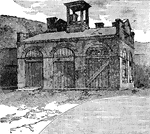
John Brown's Fort in Harpers Ferry
John Brown's Fort (the engine house) from John Brown's Raid on Harpers Ferry. Brown led a group of 21…
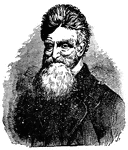
John Brown
Militant American abolitionist, tried to forceably liberate the slaves, hung for treason.
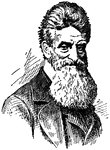
John Brown
(1800-1859) American abolitionist famous for the Pottawatomie Massacre, Bleeding Kansas, and the raid…
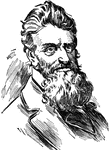
John Brown
John Brown (May 9, 1800 – December 2, 1859) was an American abolitionist who advocated and practiced…
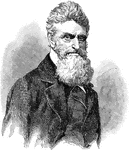
John Brown
John Brown (1800 – 1859) was an American abolitionist who advocated and practiced armed insurrection…

Anna E. Dickinson
Orator and lecturer. Anna Dickinson is also known for being an abolitionist for women's rights.
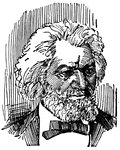
Frederick Douglass
(1818-1895) African American abolitionist who was the first African American leader of national stature…
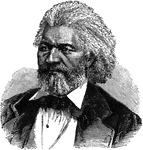
Frederick Douglass
Frederick Douglass (born Frederick Augustus Washington Bailey, February 14, 1818 – February 20,…
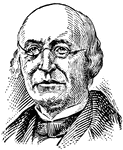
William L. Garrison
(1805-1879) Journalist and early abolitionist who also fought for prohibition and Women's Rights
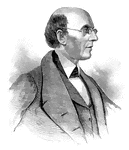
William Lloyd Garrison
"William Lloyd Garrison was a leading abolitionist."—E. Benjamin Andrews, 1895
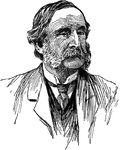
Thomas Wentworth Higginson
Thomas Wentworth Higginson (December 22, 1823 - May 9, 1911) was an American minister, author, abolitionist,…
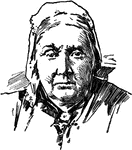
Julia Ward Howe
Julia Ward Howe (May 27, 1819 - October 17, 1910) was a prominent American abolitionist, social activist,…
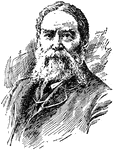
James Russell Lowell
(1819-1891) American poet, critic, essayist, orator and diplomat most famous for The Vision of Sir Launfal.
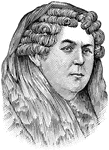
Elizabeth Cady Stanton
Mrs. Stanton was an early women's rights activist and abolitionist of slavery.
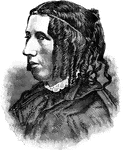
Harriet Beecher Stowe
An abolitionist, and writer of more than 10 books. Her most famous piece was Uncle Tom's Cabin…
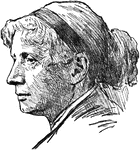
Harriet Elizabeth Beecher Stowe
Harriet Beecher Stowe (June 14, 1811 – July 1, 1896) was an American author and abolitionist,…
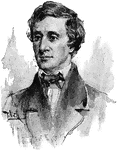
Henry David Thoreau
Henry David Thoreau (born David Henry Thoreau; July 12, 1817 – May 6, 1862) was an American author,…
